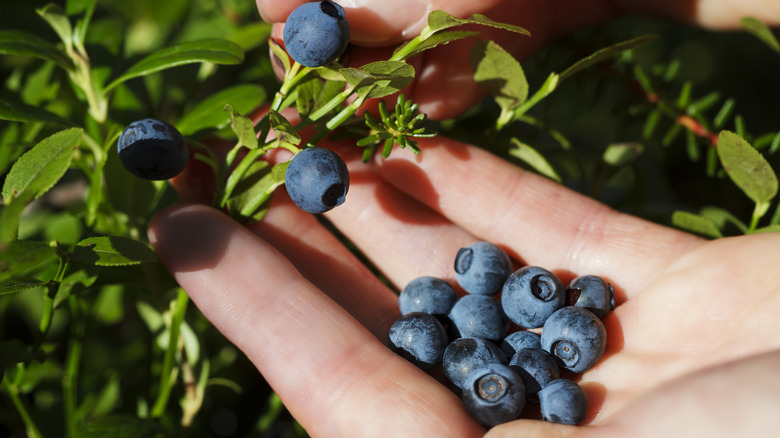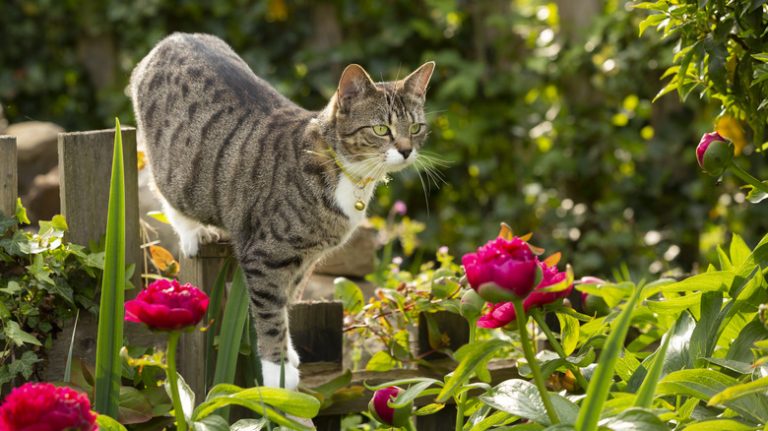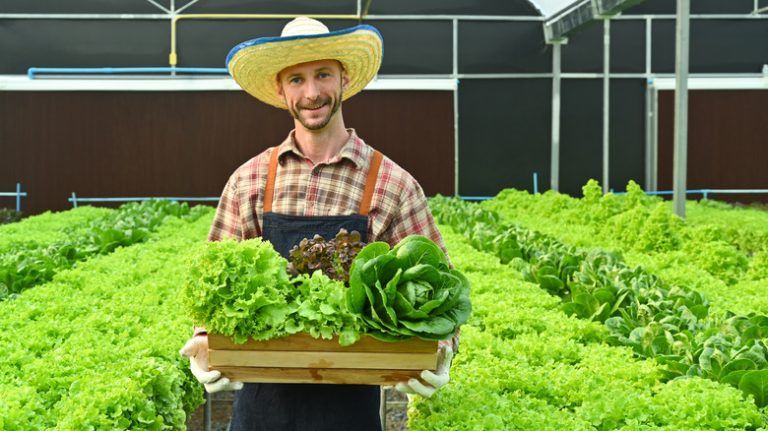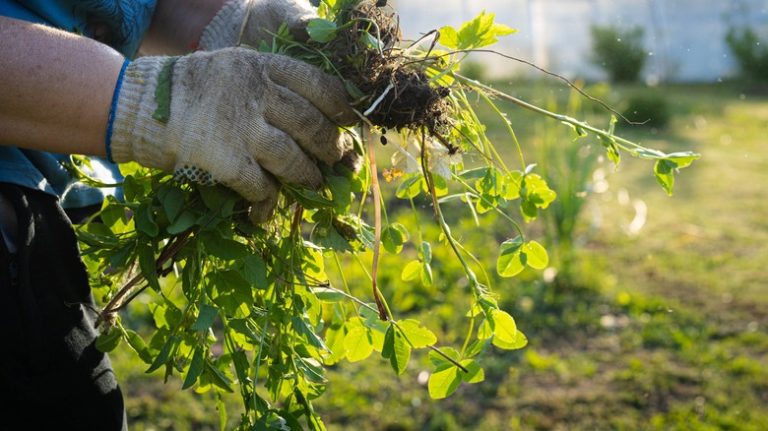If you have the right climate and soil to grow blueberries in your garden, consider yourself lucky because they’re well-known to be picky growers. Determining where to plant your blueberry bushes and what to plant — and not plant — beside them will dictate whether or not they’ll be able to thrive in your garden. Although they have multiple requirements, their soil preferences distinguish them from most other plants, as they like very acidic soil. Because of this, you’ll want to keep blueberries away from all vegetables that like to grow in alkaline soil. You’ll also want to keep away plants that will shade them or compete for nutrients, since blueberries are heavy feeders.
We recommend that you test your soil’s pH levels with a kit from a nursery or from the gardening department of a big box store. You might be able to raise the soil’s acidity level for a blueberry patch with some leftovers from your home bar, but check with a gardening expert first. Get their help to determine what the water, compost needs, and nutrient balance in fertilizers should be for each grouping of your plants as well.
Keep blueberries from alkaline-loving and shading vegetables
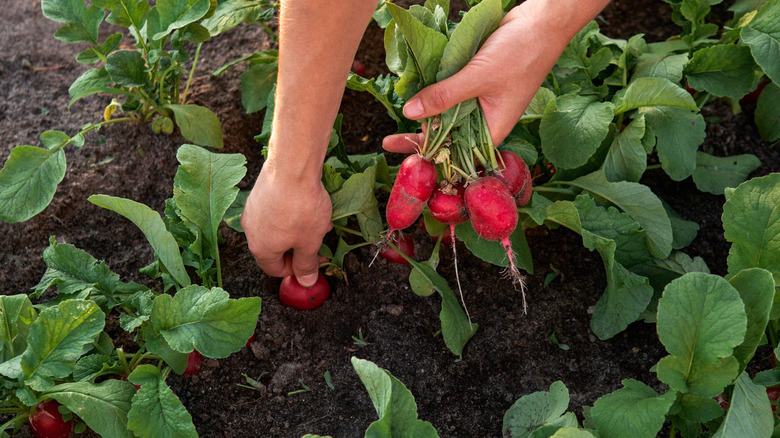
The sweet spot for most home gardens is to use soil that has a 6.5 pH level. However, blueberries like soil with a pH that’s between 4.5 and 5.0, which is highly acidic. For a better blueberry crop, avoid vegetables that prefer a pH range of 6.0 to 7.0 like lettuce, radishes, and summer squash. Vegetables that prefer an even higher level of alkalinity that’s closer to 7.5 include artichoke, arugula, beans, kale, peas, and Swiss chard, so these should also be planted elsewhere.
To some extent, blueberries can adapt to less-than-ideal growing environments. However, for the best possible crop yield, position blueberry bushes in full sun. They should get at least six to eight hours a day of unobstructed sunlight. They can still grow if that sunlight minimum isn’t met, but be prepared to see small berries as a result. Because of this, avoid placing any shading plants near blueberry bushes. Jerusalem artichoke and okra or anything taller than blueberries that throws shade on them are not good companions.
Keep blueberries away from vegetables that compete for nutrients
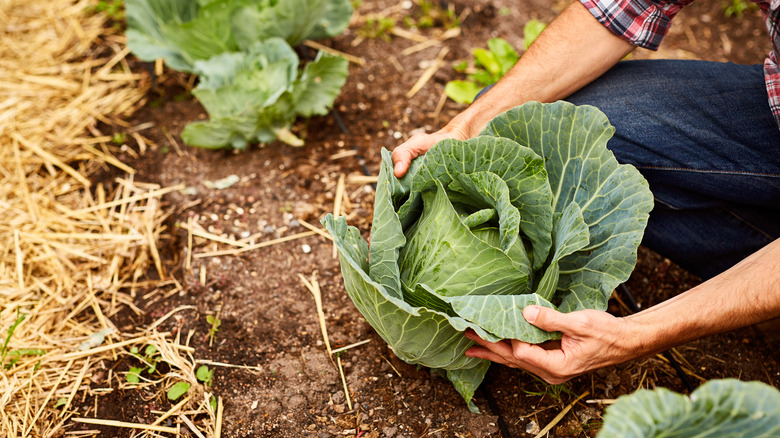
Another factor that sets blueberries apart from other plants is their nutrient needs, meaning what type of fertilizer works best for them, how much, and what they pull from the soil. Although blueberries like fertilizer containing nitrogen just like all plants, they need an ammonium form and not a nitrate form of nitrogen, which is the type most plants use. Depending on what vegetables you want to raise, check with your garden store to determine what each plant’s specific nutrient needs are. Vegetables that are considered heavy feeders will pull what they need out of the soil, which can end up depriving blueberries of their essentials. Also consider watering needs; generally, blueberries need a ton of water and excellent drainage, while in contrast, some vegetables like garlic need much less water.
Vegetables with heavy nutrient needs include asparagus, broccoli, brussels sprouts, cabbage, cauliflower, celery, onion, rhubarb, spinach, and turnips. They should live in a different part of your garden so the blueberries don’t have to fight to thrive. Besides needing lots of nutrients, cauliflower, broccoli, and brussels sprouts also attract aphids and slugs. Aphids can leave a sticky residue on the leaves and berries of a blueberry bush, which could lead to mold growth. Slugs can cause damage by eating leaves and berries, while their slime trails can taint the fruit.

